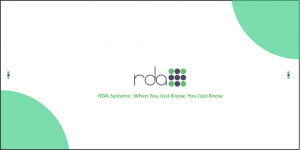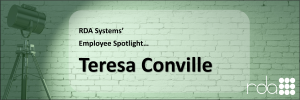Keeping records is one of the most important functions in the day-to-day operation and administration of an organization. Without adequate records, decisions would be based on memory and guesswork, and having to prove the authenticity of transactions during regulatory audits would be overwhelming. To retain a tangible record of an organization’s transactions and financial position is crucial to making wise and informed decisions. Both managers and staff who systematically record information about the various financial activities of an organization provide a basic and indispensable service.
Accounting has been defined as the art of recording, classifying, summarizing, reporting, and interpreting the results of financial activities. Governmental accounting should conform to generally accepted accounting principles (GAAP) which are the uninform minimum standards of accounting and financial reporting. Most organizations abide by the Cash Method or Modified Accrual Method of accounting. The difference between these two methods focuses on the recognition of revenue.
With the Cash Method, revenue is realized when receipts are collected. There is no record of the expected receipts (receivables). With the Modified Accrual Method, receipts are collected and not realized as earned revenue but will be recorded as prepaid revenue.
You may be asking, “Why does this matter??” The matter of when revenue is realized on the organization’s books is very important to auditors. It is forbidden to record receipts as revenue when the money has not been earned. This results in a less accurate picture of the operations of the organization. One of the roles of the auditor is to deem the books as unqualified (good) or qualified (bad). When federal agencies are determining if a grant is to be awarded to a public sector organization, an unqualified opinion is vital. Other oversight bodies rely on your organization’s records as source material for research and statistics. Bond purchasers, investment bankers, vendors, and other creditors rely on your financial records to be materially accurate in order to decide whether or not to provide resources to your organization.
SOURCE: This document contains content from selected chapters of a manuscript developed by RDA Systems, Inc. for the National Center for Educational Statistics. Robert E. Davis was the Principal Investigator and Paul Glick served as Project Director for RDA Systems, Inc. during the initial development effort. Subsequent changes and modifications presented in this book were made by Robert E. Davis, President, RDA Systems, Inc.





